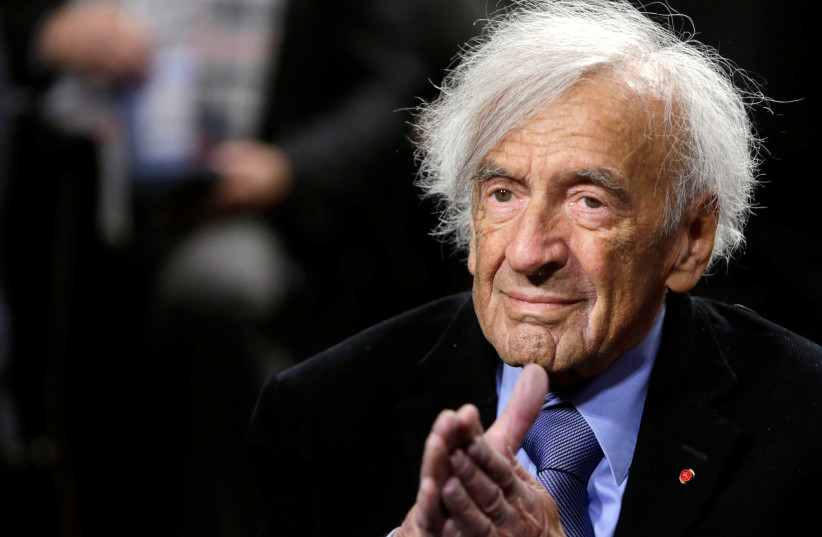With the death of Elie Wiesel in July 2016, the world lost one of the greatest defenders of human rights, a superior writer, Nobel Laureate and a voice of utmost clarity as a survivor of the Holocaust. Wiesel was a young man when the Germans deported him to Auschwitz from Hungary. His death marked a great loss to humanity and to the Jewish people.
But Wiesel’s death also is a watershed in the community of survivors of the Shoah. Hitler’s genocide of European Jewry was successful, for the most part. The Germans murdered two out of three European Jews in World War II. Most tragic was the Nazi extermination of one-and-a-half million Jewish children under the age of 12.
The Holocaust wiped out a generation that was just emerging, a generation that could have enriched the Jews of Europe in many different ways. The children were the most vulnerable.
Those who survived – like Wiesel – did so by relying on sheer gut and the will to live. In many cases, luck played a factor. The Jews who survived the Shoah were the remnant of the worst persecution in Jewish history. The adults who fought to live and rebuilt their lives after the genocide are gone. They died with the passage of time. The children of the Holocaust are the last remnant.
Elie Wiesel’s death is the beginning of the end of the eyewitnesses to the horror. In a decade, the Shoah will pass into the realm of recorded History. It is critical that we never forget the accounts of the survivors, especially in a world where anti-Semites deny the genocide or deem it a hoax.

Joel Poremba’s father, Nathan, was younger than Wiesel by two years. (Nathan was born in Poland in 1930.) Yet, his story, like that of Wiesel, is harrowing. In Joel’s recent account of his father’s tale of survival, My Name is Staszek Surdel, he writes that his book “is the story of a small Polish Jewish boy brutally uprooted from his home, terrorized and torn away from his family, Jewish life and Jewish identity. His was an experience marked by the cold-blooded murder of his father and painful separation from his mother, who permitted him to run so that he might be saved, despite her difficult decision to acquiesce to her son’s bold request.”
Nathan Poremba, even before the war, lived in a Poland where Jew-hatred was rampant. Nathan’s father, Joseph, was a hero in his son’s eyes, a Jew who stood up to Polish antisemites and even earned the respect of Jew haters. Nathan witnessed a Pole betray his father to the Nazis in World War II. His father, as one of the Jewish leaders of the community, was executed.
Nathan refused to wear the Star of David armband, even at a young age. Following a period of wandering with his sister, Fela, when they had to leave his mother and other siblings behind, a Polish priest provided false identity papers for payment.
Now, Nathan Poremba was Staszek Surdel and he was forced to work long hours on a farm in the Polish countryside. He could no longer be Nathan Poremba and, after a short time, he adopted his new identity as a Polish Catholic.
He survived the war on the farm and was later reunited with Fela after liberation. The Nazis murdered the other members of the family. Joel recounts his father’s story of a less than welcome reception back in his Polish hometown.
Joel Poremba was inspired to write his father’s story after a visit to Israel that impacted the author greatly. His father was mostly silent for many years about his wartime experiences. Yet, Nathan did recount his story to the Shoah Foundation.
My Name is Staszek Surdel is an account that deserves to be read; Nathan and Joseph’s defiance is to be admired. The fact that Nathan reclaimed his Jewish identity and went on to build a family is a story that will long be remembered, even after the last survivor is gone.
The writer is rabbi of Congregation Anshei Sholom in West Palm Beach, Florida.
